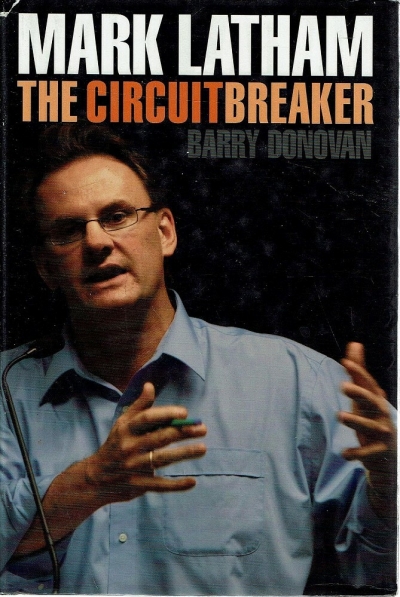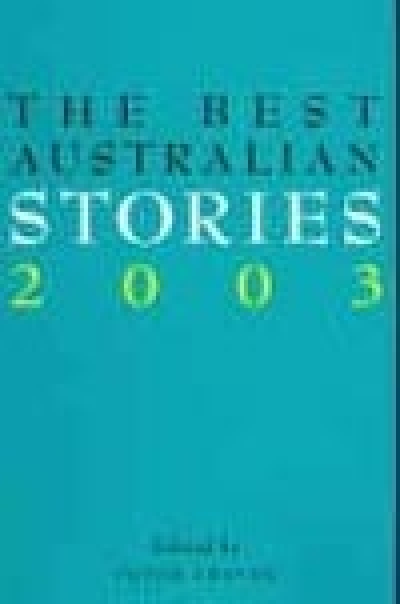At Adelaide Writer’s Week in 2002, Drusilla Modjeska spoke about the prevalence in contemporary Australian fiction of historical subjects and distant eras; she exhorted Australian writers to consider instead the importance of addressing our own times. Much of this speech subsequently found its way into the essay ‘The Present in Fiction’, published in Modjeska’s Timepieces later the same year.
Then, last March, David Marr took up this baton and ran with it in his address to the Australian Society of Authors, ‘The Role of the Writer in John Howard’s Australia’. Contemporary Australian writers, he argued, are in the same predicament as Patrick White was in the 1950s,
As the old philistine culture of Australian politics reasserts itself. And the same way out is available to those of us who want to take it – to explore this new old Australia through writing [and] start focusing on what is happening in this country, looking Australia in the face, not flinching ... So few Australian novels – now I take my life in my hands – address in worldly, adult ways the country and the times in which we live.
...
(read more)



